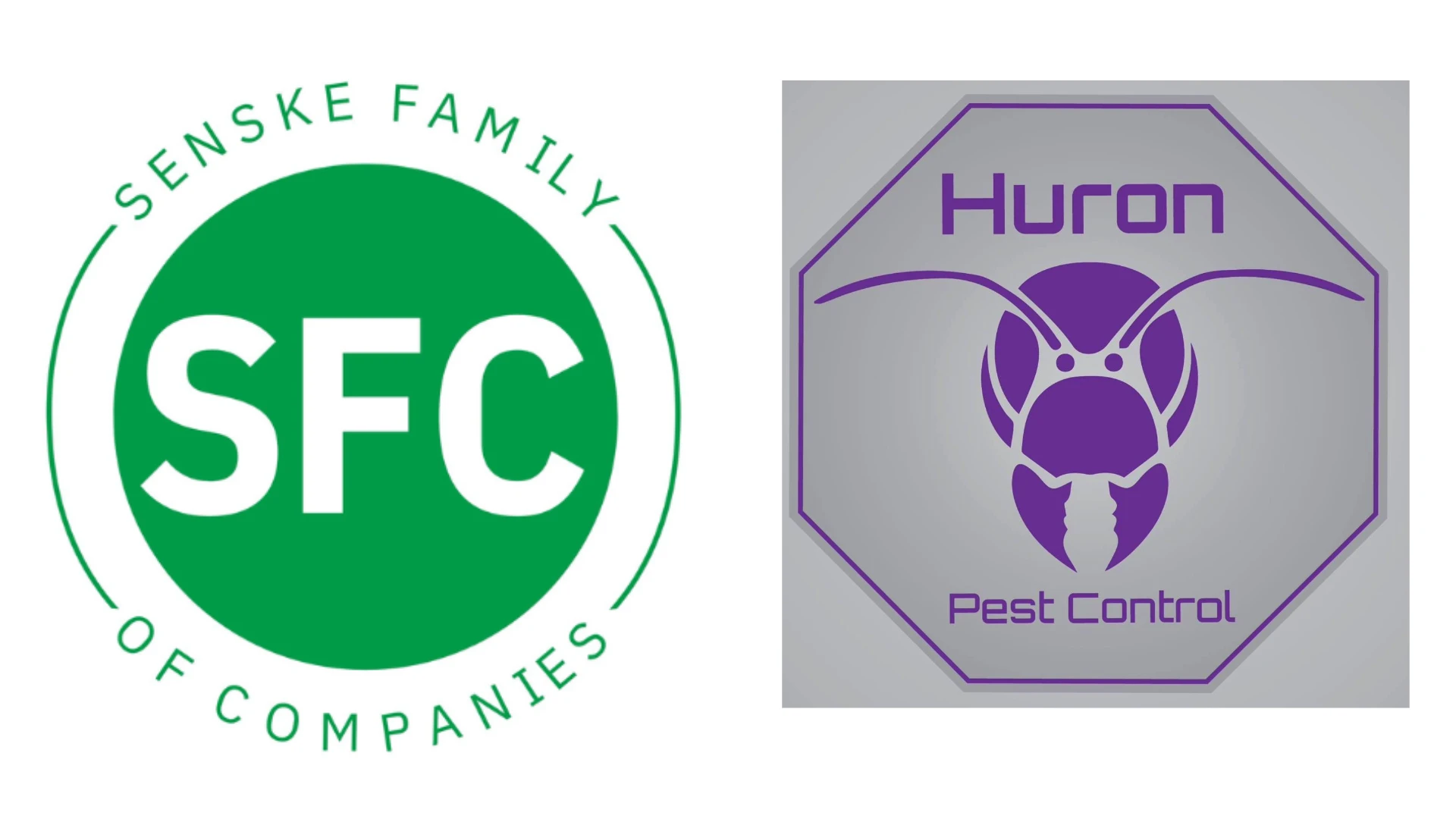
Demand for pest control services has surged since the pandemic began in early 2020. Unfortunately, many pest control companies couldn’t fully tap this revenue potential due to staffing shortages.
“We’ve had open routes during the entire pandemic in percentages that are uncomfortable,” admitted Stacy O’Reilly, president of Plunkett’s Pest Control, which is based in Fridley, Minn.
Trying to fill these open positions has been a novel experience, and not a good one.
“It was a career sampling year [for many workers],” said O’Reilly. “I’ve never seen more people who start for a week or a month or two and then say, ‘Well, no. Everybody’s hiring. I think I’ll try to be a welder next.’ ”
O’Reilly also had candidates accept job offers only to back out at the last minute when current employers offered them more money to stay. And she had employees retire sooner than anticipated, which created more roles to fill.
Other pest management professionals were frustrated by candidates who didn’t show up for scheduled interviews.

In fact, while the pest control industry generated service revenue of $10.4 billion last year — an increase of 8.2 percent — it could have been more according to the latest market report from Specialty Consultants. In the report, “A Strategic Analysis of the U.S. Structural Pest Control Industry,” 40 percent of owners or managers surveyed said the inability to hire and retain staff stunted company growth in 2021.
PMPs said they believe their wage and benefits packages are not to blame, and that they’re competitive with the market and don’t need improving.
As such, 51 percent of PMPs said their companies did not change how management, office and frontline employees were compensated in the past two years, according to a 2022 wage and benefits survey. The survey was conducted for PCT and the National Pest Management Association (NPMA) by Readex Research, an independent research company, and sponsored by BASF.
So, how can your company be more successful when it comes to hiring? We asked pros-in-the-know for their strategies.
SELL WHAT MAKES YOU GREAT. With so many open positions available in the job market, experienced job candidates have leverage.
“[They’re] just as much interviewing you to make sure that’s where they want to land,” said Leila Haas, human resources director for Sprague Pest Solutions in Tacoma, Wash. “You have to be really good at selling the position, the organization and everything like that.”
To do this, you need to identify what makes your company stand out. An employee team explored why Rottler Pest & Lawn Solutions in St. Louis is a good place to work and why pest management is a good industry to be in. Highlights ranged from the diverse career opportunities to being the hero who solves customer problems, said President Mike Rottler.
Rose Pest Solutions touts its family culture with young workers, said Persinger.
“A lot of them have never experienced that before and that sets us apart,” she said.
POST OPENINGS IN MORE PLACES. Employers typically use online job sites to advertise open positions. Jake Lazarus, who leads recruiting efforts at Braman Termite & Pest Elimination in Agawam, Mass., uses a recruiting platform that sends postings to 20 different websites, including Indeed, Monster, Zip Recruiter and Facebook. “[Facebook] has really driven a lot of the applications that I’ve been receiving in the last three months,” said Lazarus in late 2021.
Candidates can apply directly through Facebook or be directed to your website. The social media platform also gives you the opportunity to try to understand who the individual is before you talk by looking at what he or she is posting, he said.
ABC Home & Commercial Services in Austin, Texas, began advertising job openings on TV and radio. The spots, which emphasize on-the-job training, benefits and opportunities for advancement, have opened people’s eyes to the industry and the company.
“We’re actually having some good results from young people,” said owner Bobby Jenkins.
GET SPECIFIC WITH LOCATIONS. Traditionally, Braman advertised job openings by the branch location. But that created misunderstanding, said Lazarus, because the actual route might be located 40 minutes away from the physical office location.
He felt candidates dismissed jobs as being too far away before he could explain that the actual route was closer to where they lived and that they would get a company vehicle to drive home at night.
Now the same job opening might be posted in multiple communities near to or where the route is located to appeal to candidates searching for jobs near home.
“I feel like I’ve been able to have a little more success by targeting specific towns,” said Lazarus.
This does, however, increase the number of job postings he manages.
HAVE A SINGLE POINT OF CONTACT. The interview and hiring process can become confusing and disjointed for candidates when too many people are involved.
As such, Lazarus suggests having one person take the candidate through the process from start to finish. This creates cohesion and an opportunity to build relationships.
“There’s a lot of benefit of just having one line of communication,” he said. “Sometimes it gets lost in the mix if there’s two or three people working on the same thing.”
He found the approach creates a better overall experience for new hires.
“I hold their hand from the time they send their application in until they start their orientation, and they’re physically in our building with a uniform on for day one,” he said. “That’s when I finally let them go.”
SPEED UP THE PROCESS. In this market you must move quickly to lock in good candidates, who may be fielding multiple offers.
“It makes you examine your candidate experience, making sure that you’re moving people through the pipeline in a timely manner because literally a matter of 12 hours can make a difference if somebody accepts another offer,” said Haas.
If you find somebody you want to hire, don’t delay. Close the deal.

Lazarus strives to respond to job applicants within two hours or less.
“I am always on our recruiting platform and always receiving messages when someone applies,” he said. “I want to be the first person that responds to get ahead of any other company.”
Lazarus responds to applicants in the evening and on weekends, which is when most people are applying online.
“As soon as they apply, I try to call and reach out that moment,” he said.
Other companies are using this tactic. Shipping company UPS, which planned to hire 100,000 people for the most recent holiday season, promised to make job offers to qualified candidates within 30 minutes of applying.
TARGET SKILLS (TO SOME DEGREE). PMPs said the best candidates for pest control have certain aptitudes and skills, even if they don’t have industry experience.
Doug Hillman, director of human resources at American Pest Control in Hanna City, Ill., primarily looks for people who have experience driving and organizing routes and who interact with the public.
“I hired my Schwann [food] guy,” he said, adding that he also hired magazine and uniform delivery drivers.
Rottler looks for people who like to work and spend time outdoors hunting and fishing and “who have an idea for how things are built,” he said.
Fox Pest Control in Logan, Utah, picked up team members from construction and oil industries.
“These are also our biggest competitors, outside of the pest control industry, for hiring,” said Bryant White, a co-founder of the company.
According to PCT’s survey with NPMA, PMPs said their biggest competitors for new hires were other pest management companies (48 percent), followed by lawn and landscaping (14 percent) and manufacturing (14 percent) companies.
Companies, in general, are rethinking their required job qualifications, which can limit the pool of job applicants, reported the Wall Street Journal. Some are dropping educational requirements and even background checks for employment.
CONNECT WITH YOUNG PEOPLE. “No one graduates from high school or college thinking, ‘I’m going to be a pest control technician,’ ” said Mark Hopper, owner of Hopper Termite and Pest in Mountain Home, Ark.
You need to make them aware of the opportunity and pique their interest early, such as by participating in local high school career days, he said.
ABC Home & Commercial Services offers student internships, partners with local community colleges and supports the Make It Movement, which promotes trade careers to high school students in central Texas.
OFFER A BONUS. Braman added a $2,000 sign-on bonus for some positions. American Pest Control offered a $500 bonus, payable over two months to help fill the gap until production bonus checks begin.
According to the PCT-NPMA survey, 11 percent of PMPs said their companies added signing bonuses in the past two years to attract new hires.
“I think that has definitely helped,” said Hillman.
Some companies gave bonuses to employees who referred new hires, and 11 percent of those surveyed in the PCT-NPMA study added retention bonuses in the past two years.
BE UPFRONT ABOUT VACCINATIONS. According to an online survey conducted in August 2021 by Pollfish for ResumeBuilder.com, 69 percent of hiring managers said they were more likely to hire someone who already had been vaccinated against COVID-19.
And one-third (33 percent) of hiring managers said they would automatically eliminate resumes that did not include vaccination status.
Make it known if your company requires the COVID-19 vaccination. Sprague Pest Solutions now only hires vaccinated individuals.
“We’ve had a handful of people who’ve declined to move forward,” said Haas.
WANT MORE?
Enter your email to receive our newsletters.

Explore the June 2022 Issue
Check out more from this issue and find your next story to read.
Latest from Pest Control Technology
- Webinar: Employee Incentives — Going Beyond the Annual Raise
- Pest Control Companies Helping Neighbors in Need Eradicate Bed Bugs
- Why Does Marketing Feel So Opaque?
- How Did This Pest Get Its Name?
- Rose Pest Solutions Honors Top Performers with Annual Chief’s Club Awards
- Doug Foster on Termite Control Equipment, Resources
- Pest Control Consultants Acquires EcoGuard Pest Control
- Pest Index Increased 9 Percent YOY in February








